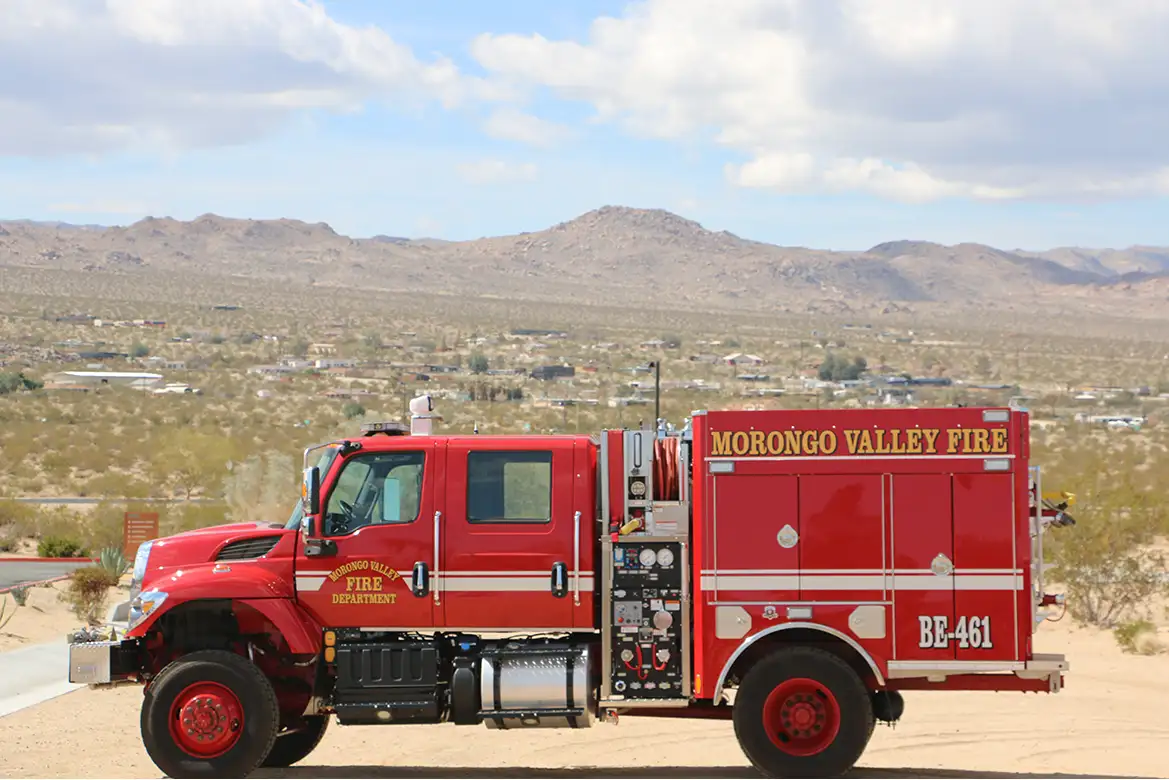What Can You Do With a Fire Technology Certificate?
Go to work as a firefighter for your local fire department or for a state or national service — that’s the primary goal of this certificate. You’re prepared to work with these aspects of fire service:
- Sizing up fire and emergency situations
- Fire detection & suppression equipment
- Emergency medical calls
- Calculating flow requirements
- Fire apparatus operation and maintenance
- Staying safe when responding to structure fires
The California Department of Forestry and Fire Protection and the U.S. Fire Service need trained firefighters to respond to wildfires and protect communities in their path.
Beyond Fires
This program also opens doors to other public safety, fire prevention, and ecology careers. Consider these options:
- Emergency medical technician
- Law enforcement officer
- Fire alarm technician
- Fire protection engineer
- Public safety telecommunicator
- Wildland fire ecologist
National & State Standards: Check.
The approved list of courses includes those that meet the National Fire Academy Fire & Emergency Service Higher Education (FESHE) core curriculum requirements and include those accredited by the California Fire Service Training and Educational System for State Board of Fire technology certification.
Fire Technology Cert.: What to Expect
-
Completion Requirements
- 30 minimum degree units
- A minimum of a 2.0 grade point average (GPA)
- A grade of “C” or better in all required courses (a “P” grade is not an acceptable grade for courses in the major)
-
Required Courses
FIRE 001: Fire Protection Organizations | 3 units
FIRE 002: Fire Prevention | 3 units
FIRE 003: Fire Protection Equipment & Systems | 3 units
FIRE 004: Building Construction for Fire Protection | 3 units
FIRE 005: Fire Behavior & Combustion | 3 units
FIRE 007: Principles of Fire & Emergency Services Safety & Survival | 3 units
Plus, choose between EMT 084 (Emergency Medical Technician I | 6.5 units) or Emergency Medical Responder (EMR 001 | 3 units).
You’ll also select three additional FIRE units and three units from BI 022, BI 023, CH 003, CIS 070A, CJ 003, PHIL 013, or SP 004.
-
What You Learn
- Firefighter service qualifications
- Entry-level firefighting skills
- Ability to analyze, appraise, and evaluate fire and emergency incidents
- Laws, regulations, codes, and regulatory agencies
- How to determine causes of fires
- Best extinguishing agents and methods
- Ways to resolve apparatus and hydraulic problems along with other common equipment issues
- Common types of building construction and conditions associated with structural collapse
- Methods for designing a wet and dry fire protection system
- Alarm system components and operations




